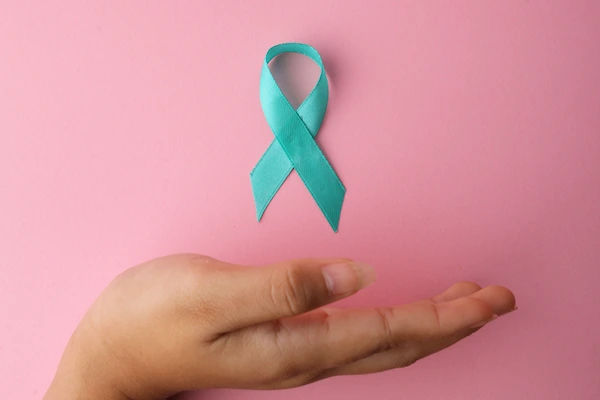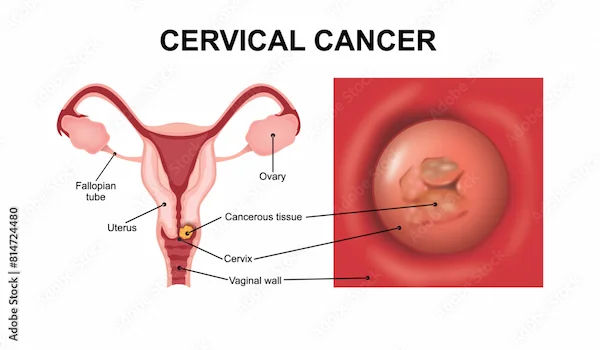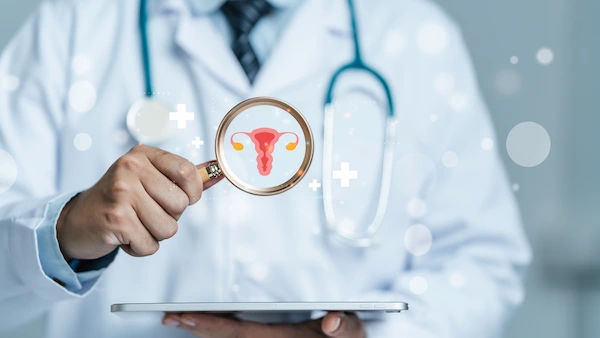Cervical Cancer Day Observance and Awareness
Learn about the global observance of Cervical Cancer Awareness Month (January) and the World Health Organization's Cervical Cancer Elimination Day of Action (November 17th). Discover how these initiatives raise vital awareness for prevention, early screening, and treatment to eliminate this preventable disease.

Written by Dr. Shaik Abdul Kalam
Reviewed by Dr. Vasanthasree Nair MBBS
Last updated on 21st Aug, 2025

Introduction
Cervical Cancer Day is observed to raise awareness about cervical cancer, its prevention, and the importance of early detection. This day serves as a reminder for women to prioritize their health and take proactive steps to protect themselves from this preventable disease.
In this article, we’ll discuss what cervical cancer is, its symptoms, causes, risk factors, and most importantly—how you can prevent it.
Understanding Cervical Cancer
Cervical cancer occurs in the cervix, the lower part of the uterus that connects to the vagina. It is primarily caused by the human papillomavirus (HPV), a common sexually transmitted infection. While most HPV infections clear up on their own, persistent infections can lead to cervical cancer over time.
Symptoms of Cervical Cancer
In its early stages, cervical cancer may not show any symptoms, which is why regular screenings are crucial. However, as the disease progresses, some common signs include:
Abnormal vaginal bleeding (after intercourse, between periods, or after menopause)
Unusual vaginal discharge (may be watery, bloody, or foulsmelling)
Pelvic pain or discomfort during intercourse
Pain during urination or frequent urination
If you experience any of these symptoms, consult a doctor immediately. Early detection can significantly improve treatment outcomes.
Risk Factors for Cervical Cancer
Certain factors increase the risk of developing cervical cancer:
HPV Infection – The leading cause of cervical cancer.
Smoking – Weakens the immune system, making it harder to fight HPV.
Weakened Immune System – Conditions like HIV or longterm steroid use increase risk.
Multiple Sexual Partners – Increases exposure to HPV.
Early Sexual Activity – Starting sexual activity at a young age raises risk.
Long-term Use of Birth Control Pills – May slightly increase risk.
Family History – A family history of cervical cancer may contribute to higher risk.
Prevention and Early Detection
The good news is that cervical cancer is highly preventable with the right measures:
1. HPV Vaccination
The HPV vaccine is highly effective in preventing cervical cancer. It is recommended for:
Girls and boys aged 9-14 years (two doses)
Women and men up to age 26 (if not vaccinated earlier)
Adults up to age 45 (after consulting a doctor)
2. Regular Screening Tests
Two main tests help detect cervical cancer early:
Pap Smear (Pap Test) – Checks for abnormal cervical cells.
HPV Test – Detects high-risk HPV strains.
Guidelines for Screening:
Women aged 21-29: Pap test every 3 years.
Women aged 30-65:
Pap test every 3 years OR
HPV test every 5 years OR
Both tests every 5 years (contesting).
Women over 65: May stop screening if previous tests were normal.
3. Safe Sexual Practices
Use condoms to reduce HPV transmission.
Limit the number of sexual partners.
4. Quit Smoking
Smoking increases cervical cancer risk. Seek help to quit if needed.
5. Healthy Lifestyle
Eat a balanced diet rich in fruits and vegetables.
Exercise regularly to boost immunity.
Health Topic Carousel:
Doctor Speciality: Physician
Text:Consult Top Physician
When to See a Doctor?
If you experience any unusual symptoms like abnormal bleeding or persistent pelvic pain, consult a gynecologist immediately. Even if you feel fine, regular screenings are essential for early detection.
Book a Screening Test Today
Early detection saves lives. If you're due for a Pap smear or HPV test, schedule an appointment with Apollo 24|7 for hasslefree consultation and testing.
Final Thoughts
Cervical Cancer Day reminds us that prevention is better than cure. By getting vaccinated, undergoing regular screenings, and adopting healthy habits, you can significantly reduce your risk. Spread awareness among friends and family—because every woman deserves a healthy life.
Take charge of your health today!
Health Topic Carousel:
Doctor Speciality: Physician
Text:Consult Top Physician




